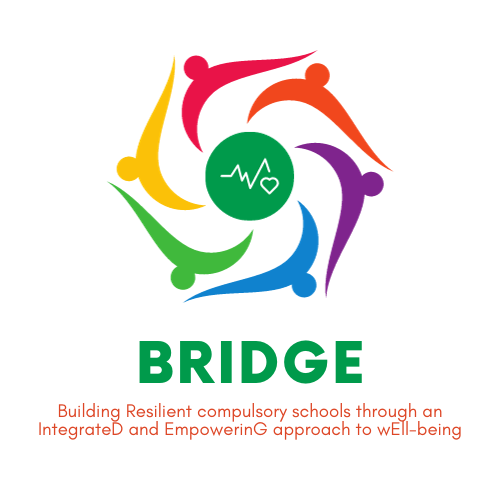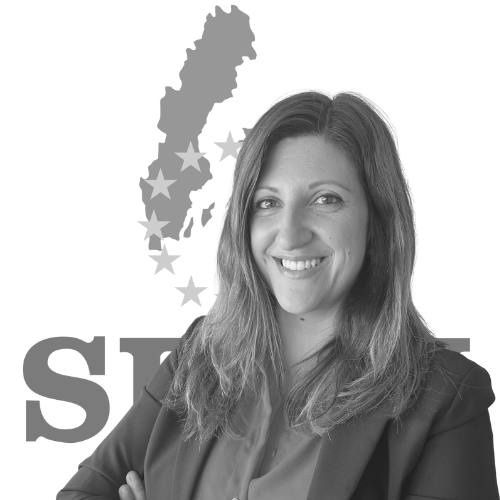
Funded by

Erasmus+ KA2
Information
- Length: 2023 - 2026
- Lead Partner: Municipality of Luleå (SE)
- Members Involved: SERN
- Other Partners: Lulea Tekniska Universitet (SE), Istituto comprensivo Leonardo Da Vinci (IT), Universidad de Granada (ES), Daugavpils Iespēju vidusskola (LV)
- Priority Area: QualityEducation InclusiveCommunities
Quick Links
Contacts

- ginevra.roli@sern.eu
- +393441183550

- nicola.catellani@sern.eu
- +393483892600
Bridge
Building Resilient compulsory schools through an IntegrateD and EmpowerinG approach to wEll-being
About the project
The BRIDGE project originates from the collective ambition of partner organisations to innovate the education system, fostering greater well-being within school environments.
Research spanning the past 50 years worldwide has consistently demonstrated that collaborative, child-centred education has numerous benefits across key areas crucial to school success.
The collaborative dialogic approach to student-centred education significantly enhances competencies, social skills, and communication abilities, all of which contribute to student well-being. Furthermore, this approach correlates with improved academic performance and attainment levels.
Drawing upon insights from practitioners and research findings, the partnership aims to develop a suite of easily replicable and adaptable tools for schools. These tools will be tailored to diverse educational contexts in Sweden, partner countries, and across Europe at large.
The project primarily targets teachers, students, and school personnel, including administrators and support staff. Additionally, researchers, civil servants in compulsory education, and families may also benefit from the project’s outcomes.
Objectives
The main objective is to increase quality of school education through the development of a whole-school approach to well-being. In addition to that, specific objectives are:
- To equip the whole staff with new skills and knowledge about promoting well-being in the classroom and in the school at large
- To develop effective participatory processes for students in the co-design and implementation of interventions
- To design and develop a “well-being at school” toolbox easily and readily applicable in school
Outputs
From the project are expected three tangible outputs:
- Training modules on school well-being
The training course is designed for teachers focusing on three fundamental concepts of well-being within schools: mental, social, and physical. The course is structured to encompass theoretical understanding alongside practical activities, which can be easily replicated in classrooms and schools across Europe, fostering a holistic approach to well-being education.
- Strategies for student involvement
The second project result will consist of a collection of practices gathered from project partners, showcasing successful strategies to involve and engage students.
- “Well-being at school” toolbox
The toolbox will comprise a set of tools aimed at assisting schools in fostering holistic development on the theme of well-being. This includes:
- Comprehensive contents aimed at supporting schools in addressing well-being holistically.
- Guidelines and instructions for utilising the toolbox effectively within the school environment.

